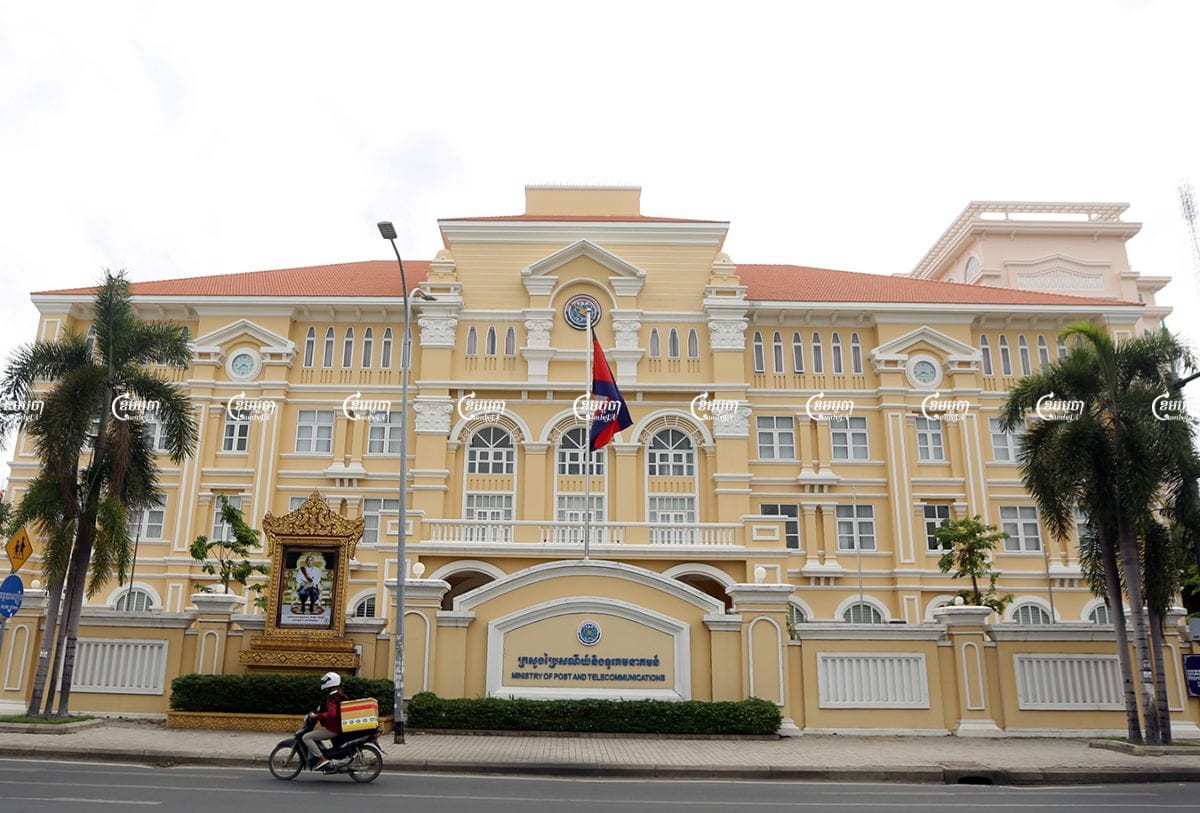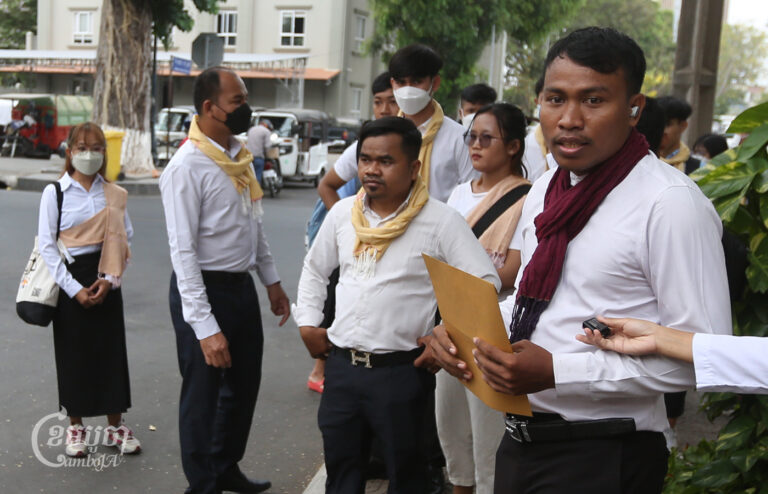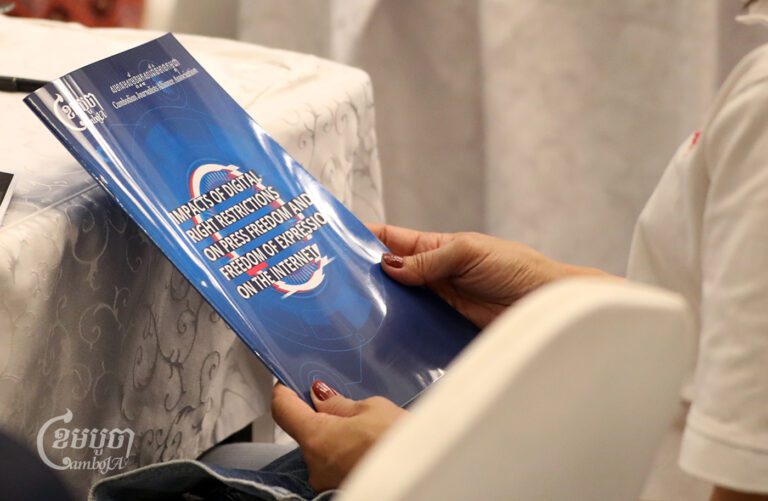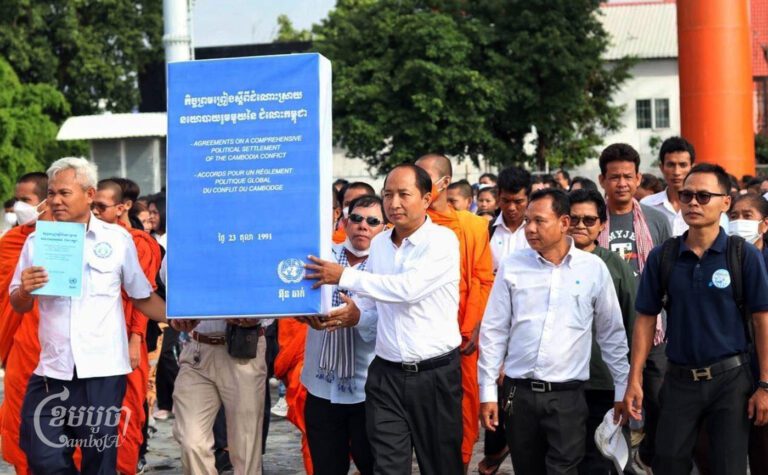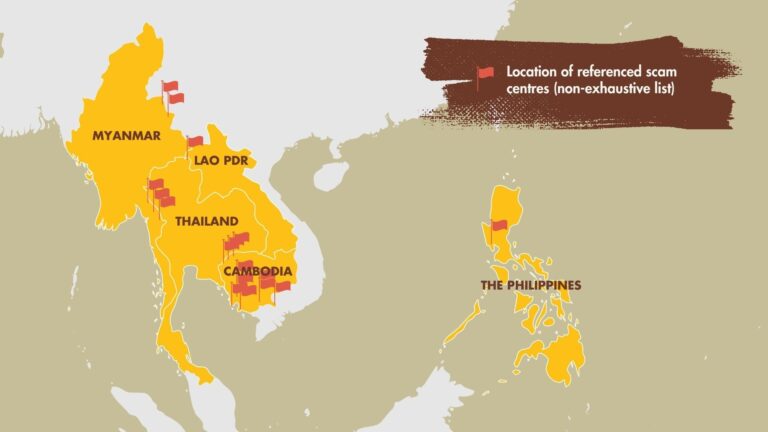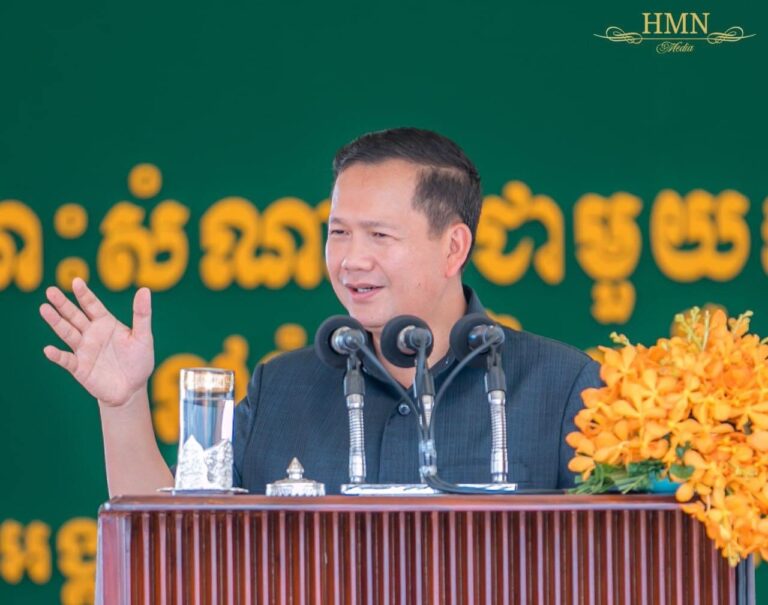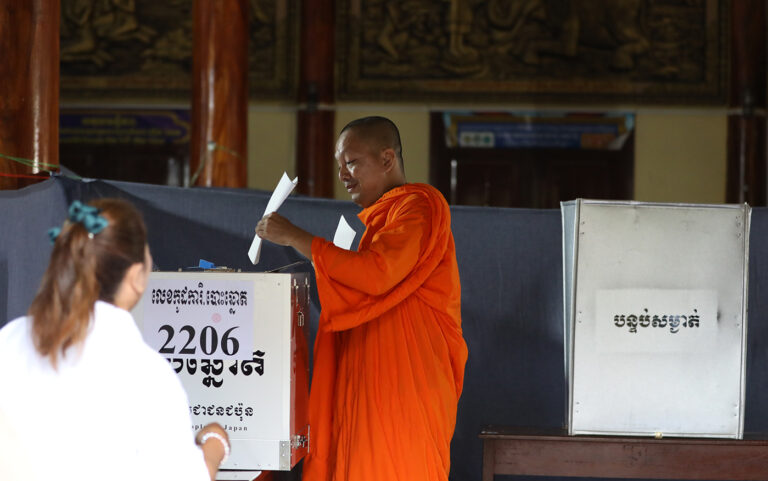The Cambodian government defended the country’s planned National Internet Gateway (NIG), after three UN Special Rapporteurs raised concerns, saying it could be used to suppress online freedom of expression.
In a letter dated May 24 and released Monday, Cambodia’s permanent mission to the UN said the criticisms entailed baseless assumptions and said the primary purpose of the NIG was to collect revenue and prevent criminal activity.
“The information regarding the Sub-Decree permitting Cambodian authorities to monitor and conduct surveillance of internet activity intercept and censor digital communications is imaginary and was made irresponsibly against a sovereign state with baseless assumptions,” the letter stated.
The then-UN Special Rapporteur to Cambodia, the Special Rapporteur on free expression, and the Special Rapporteur on privacy sent a letter to Cambodia’s UN mission in April asking the government to add provisions to the sub-decree that would protect freedom of expression and individual privacy.
“We fear that the lack of such measures poses risks to the fundamental freedom of individuals, namely the freedoms of expression and opinion, the rights to privacy and may expose individual’s personal information without their consent, which would contravene international human rights instruments and Cambodian law,” the rapporteurs wrote, urging the government to revisit the sub-decree and bring it in line with international human rights standards. The office of the UN high commissioner for human rights circulated both the joint letter and the response on Monday.
According to the sub-decree, the NIG will require operators or ISPs to provide a monthly, quarterly, and yearly report to the government and give the government the right to monitor a company’s infrastructure and equipment.
Council of Ministers spokesperson Phay Siphan said the government has a responsibility to prevent cybercrime while also protecting data security.
“This concern is made by political motivation and individually because the United Nations has no right to interfere in this matter. Cambodia is a sovereign state that can do anything for the benefit of the nation in accordance with international principles,” he said.
Last month, at a forum on world press freedom, the UN’s newly appointed special envoy to Cambodia, Vitit Muntarbhorn, raised similar concerns over the NIG, saying: “If your authorities do impose those restrictions on your access to public information then the authorities have [acted] against abiding by international standards such as legality, necessity, and legitimacy.”
Critics of the law have said it will give the government the ability to monitor user activity and censor content, allowing officials to exercise control over the flow of information.
Chak Sopheap, executive director at Cambodian Center for Human Rights, said that any law should comply with basic human rights principles as the government has introduced many laws that restrict the people’s rights and freedom of expression.
“To prevent crimes on the internet, the government previously introduced telecom law and we see the government plan for cybercrimes law. We don’t know how many laws will be introduced related to the internet,” she said. “The law should cover only cybercrimes but if we look at the NIG law, it is more broad and covers rights and freedom of expression.”


